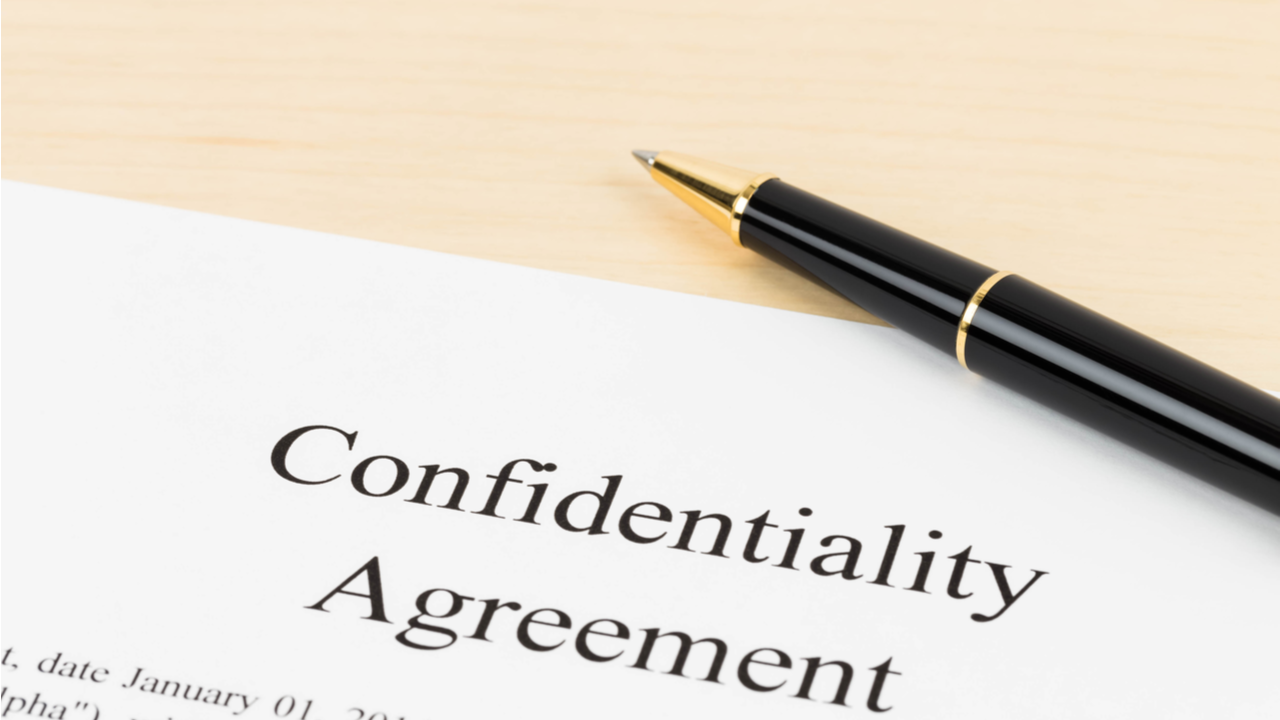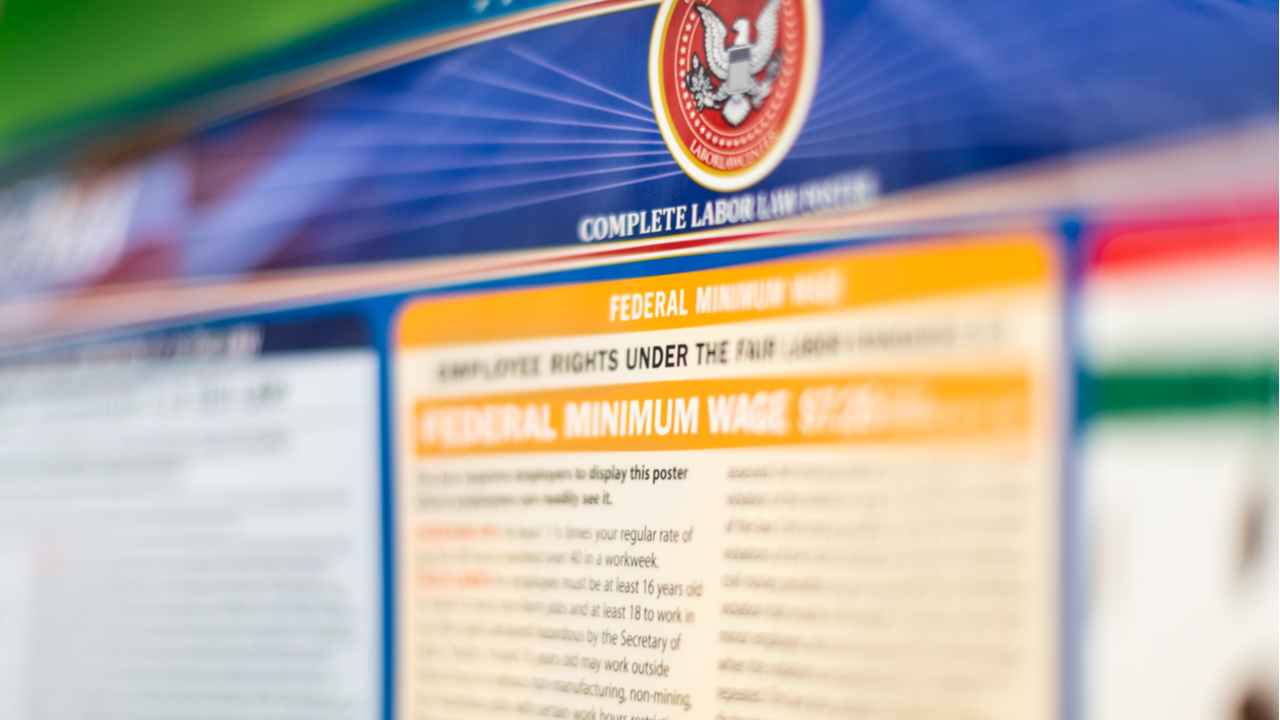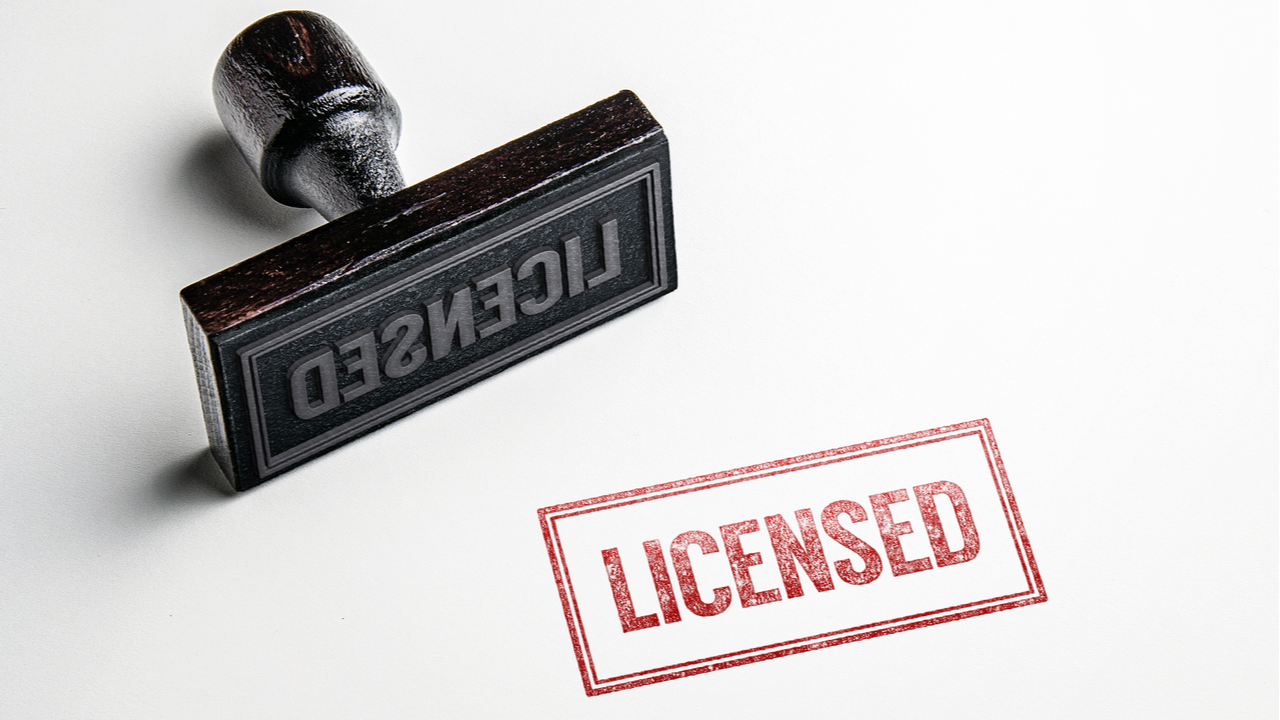Businesses thrive because they can keep vital operational information from their competitors. Unless you are the only person who knows your business processes, having a confidentiality agreement for your Las Vegas business is necessary if you are dealing with partners, third-party vendors, independent contractors, or anyone who knows about the sensitive information about your business.
What is a Confidentiality Agreement?
Also known as a non-disclosure agreement (NDA), a confidentiality agreement is a legal business contract that protects sensitive company details, trade secrets, products, and company-exclusive business processes. A confidentiality agreement is necessary if:
- You are going to hire an independent contractor or employee who will access sensitive business materials.
- You are showing your business information to either sell the business or look for investors.
- Your company is working on a revolutionary product, invention, or patent.
Confidentiality agreements are restrictive covenants, especially for investors, employees, and independent contractors. Since the agreements bind them, it is often hard for them to start a business, find a job, or make money. Because of this, some states do not allow or honor highly restrictive NDAs.
What Must Be Included in a Confidentiality Agreement?
A confidentiality agreement form must include:
Start and end date of the agreement. This section must include the effectivity of the agreement, from start to end date.
Description of the two parties. You should include the names and identification of the “Disclosing Party” and the “Receiving Party.”
Reason for the agreement. You have to state why the agreement is in place. For example, the Receiving Party is under the employ of the Disclosing Party to work on a “Project” that entails access to “Sensitive Information.”
Stipulate what “Company Property” is covered by the agreement. This section may include trade secrets, patents, and business processes. You have to describe this in full since anything not stipulated is not covered by the agreement. Here are some of the things you may want to include:
- Customer information
- Intellectual property such as copyrights, patents, trademarks and service marks
- Sales and marketing details/campaigns
- Product information
- Recipes
- Trade secrets
- Scientific data
- Engineering drawings
- Prototypes and samples
- Computer applications, websites, codes, and technology
- Tax and accounting information
You may also include here your exclusions. Some of the possible exclusion criteria are:
- The property or information is under the ownership of the Receiving Party before the agreement.
- It is general public information.
- The information was legally sourced from another person or organization by the Receiving Party.
Consequences of breach of contract. You must also indicate what the other party may be liable for when they fail to implement the confidentiality agreement for your Las Vegas business.
Why Use a Confidentiality Agreement for Your Las Vegas Business?
Using a confidentiality agreement for your Las Vegas business affords several benefits. Some of them are:
- Stipulating responsibilities. An NDA establishes a confidential agreement between two parties that can help each party have a better understanding of their roles. For example, an individual providing consultancy services would know that their duty is to only offer his or her professional know-how to the other party, and they do not have a say on business decisions.
- Implementing standards for information handling. Through confidentiality agreements, parties agree that they will respect each other’s sensitive information the best way they know how, such that they would implement best practices on handling confidential data to preserve both their businesses.
- Protecting patents. Patent rights are lost when details of the invention become available to the public. For this reason, confidentiality agreements are necessary for such information.
- Protecting business plans. Leakage of information about mergers and acquisitions can impact their stock price. Some confidentiality agreements safeguard against data leakage that may affect the success of the business plan.
- Maintain industry competitiveness. One of the main reasons why you should write a confidentiality agreement for your Las Vegas business is to stay on top of the competition. With it, you have the assurance that trade secrets and other proprietary information remain hidden from competitors and the public.
What Are the Different Types of Confidentiality Agreements
- Unilateral Confidentiality Agreements: This agreement only includes one party, which is commonly used for employees and independent contractors.
- Bilateral or Mutual Confidentiality Agreements: This agreement, on the other hand, is between two parties. Mutual confidentiality agreements are between two businesses that may collaborate together on a project or undergo a merger.
The Bottom Line
Failure to have a confidentiality agreement in place can cause your business to lose out to your competitors or cause financial strains due to data leakage. You may also lose future business opportunities as a result of another party earning the profit from your business idea. While confidentiality agreements do not assure that someone else will not profit from your business information, they are your assurance that you can receive legal compensation from them. If you are unsure of what to include in your NDA, you may consult a lawyer to help you create one that is specific for your industry.




